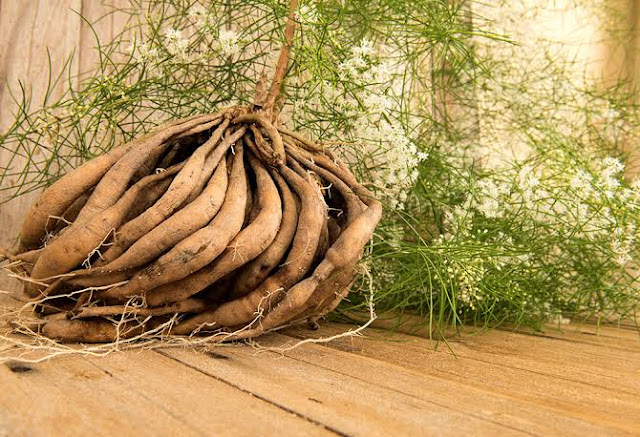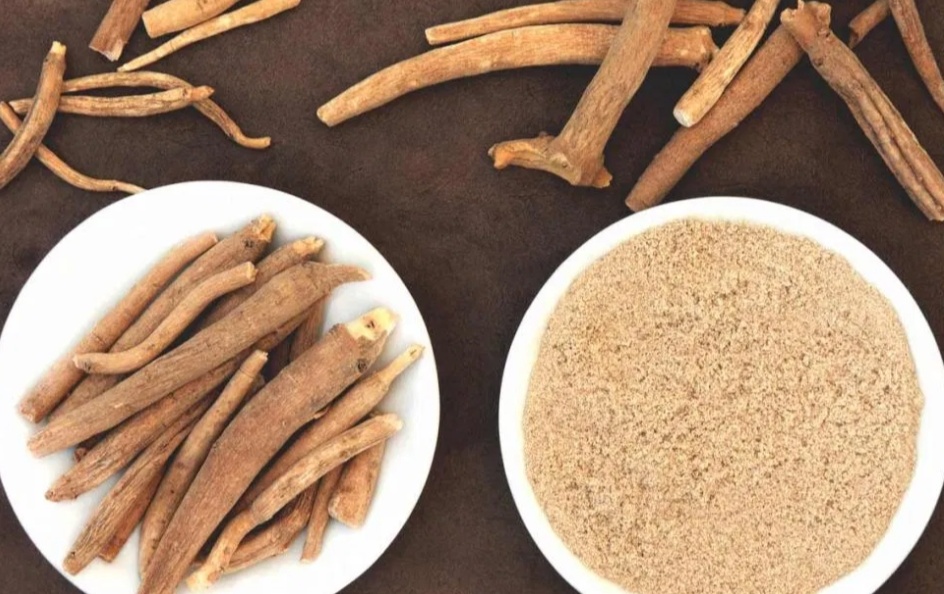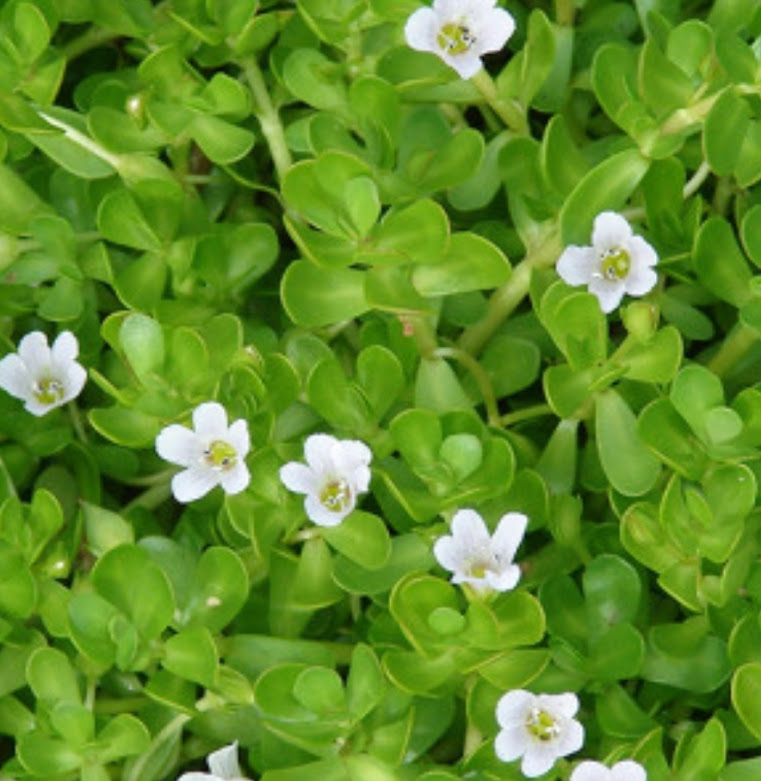Poppy seeds/Khas Khas - Health benefits, application, chemical constituents, side effects and many more
Poppy seeds/Khas Khas
Poppy seed is an oilseed obtained from the opium poppy (Papaver somniferum). The tiny, kidney-shaped seeds have been harvested from dried seed pods by various civilizations for thousands of years. It is still widely used in many countries, especially in Central Europe and South Asia, where it is legally grown and sold in shops. The seeds are used whole or ground into meal as an ingredient in many foods – especially in pastry and bread – and they are pressed to yield poppyseed oil.
It is originally a native of the warmer parts of Western Asia from where it was taken to Greece. From Asia Minor the Arabs traders took it to the Far Eastern countries, including India and China.
It has different names in different languages such as Hindi name(Postha, Khas Khas), Marathi name(Khas khas), English name(Opium Poppy seed, Khas Khas seeds), Sanskrit name(Phaniphena, Nagaphena, Ahiphenak), Kannada name(Gasagase), Bengali name(Postodheri), Telugu name(Nalla Mandu), Gujarathi name(Khush Kush), Bengali name(Post), Punjabi name(Khush Kush)
Vitamin and Mineral content
Vitamins : A, C, E, B1, B2, B3, B6, B9
Minerals : Calcium, Magnesium, Copper, Iron Manganese Phosphorus Potassium Sodium Zinc.
• 100 gram of poppy seeds provide 525 calories and are a rich source of thiamin, folate, and several essential minerals.
• Poppy seeds are composed of 6% water, 28% carbohydrates, 42% fat, and 21% protein.
• Poppy seeds contain total morphine (free and bound) in the range 58.4 to 62.2 micrograms/g seeds and total codeine (free and bound) in the range 28.4 to 54.1 micrograms/g seeds. Soaking seeds in water was found to remove 45.6 per cent of the free morphine and 48.4 per cent of the free codeine.
• Morphine, codeine, and the baine were quantified in the tea extracts by liquid chromatography-tandem mass spectrometry using a validated analytical method. Morphine, codeine, and thebaine concentrations from seeds were <1-2788 mg/kg, <1-247.6 mg/kg, and <1-124 mg/kg, respectively.
It has various enzymes like diastase, lipase, emulsin and nuclease.
The seeds can be cold pressed to produce poppyseed oil, which is especially rich in omega-6 and omega-9 fats. It also contains small amounts of the essential omega-3 fat alpha-linolenic acid (ALA)
- It contains Omega-3(0.22 gms) and omega -6(22-24gms).
Minerals : Calcium, Magnesium, Copper, Iron Manganese Phosphorus Potassium Sodium Zinc.
• 100 gram of poppy seeds provide 525 calories and are a rich source of thiamin, folate, and several essential minerals.
• Poppy seeds are composed of 6% water, 28% carbohydrates, 42% fat, and 21% protein.
• Poppy seeds contain total morphine (free and bound) in the range 58.4 to 62.2 micrograms/g seeds and total codeine (free and bound) in the range 28.4 to 54.1 micrograms/g seeds. Soaking seeds in water was found to remove 45.6 per cent of the free morphine and 48.4 per cent of the free codeine.
• Morphine, codeine, and the baine were quantified in the tea extracts by liquid chromatography-tandem mass spectrometry using a validated analytical method. Morphine, codeine, and thebaine concentrations from seeds were <1-2788 mg/kg, <1-247.6 mg/kg, and <1-124 mg/kg, respectively.
The seeds can be cold pressed to produce poppyseed oil, which is especially rich in omega-6 and omega-9 fats. It also contains small amounts of the essential omega-3 fat alpha-linolenic acid (ALA)
- It contains Omega-3(0.22 gms) and omega -6(22-24gms).
2 Types of Poppy seeds
Black and White
Both are same and similar in action. White one is sweeter. White is de-skinned. Black is skin intact.
Properties and Benefits
- Guna (qualities) – Laghu (lightness), Rooksha (dryness), Sookshma (minuteness), Vyavayi (spreads to all parts of the body swiftly),
- Rasa(Taste) – Tikta (bitter), Kashaya (Astringent)
- Vipaka – Katu – Undergoes pungent taste conversion after digestion
- Veerya – Ushna – Hot potency
- Effects on Tridosha :
- Opium – latex is Kaphahara – balances Kapha Dosha and increases Vata and Pitta Dosha.
- Poppy seeds increase Kapha Dosha and decrease Vata Dosha
- Click here for more information about Tridosha (vata-Kapha-Pitta)
Benefits
Poppy seed, oil
- Balya – improves strength and immunity
- Vrushya – aphrodisiac
- Guru – heavy
- Useful in gastritis
- Effects on Tridosha : Increases Kapha Dosha and decreases Vata Dosha.
- Used in neurological disorders, depression, anxiety, neuropathy, neuralgia, muscle pain, spasms etc.
- Its kheer (sweet liquid dish) is prepared and administered to treat insomnia.
- Poppy seed oil possesses most of the therapeutical benefits similar to seeds.
Opium latex benefits
- Opium benefits (latex – exudate)
- Shodhana – cleansing
- Grahi – absorbent, bowel binding, useful in IBS, diarrhoea
- Shleshmaghna – balances Kapha
- Increases Vata and Pitta Dosha
- Atisara – useful in diarrhea
- Sannipata – used in chronic fever
Uses, Benefits, Remedies and Application
1) For good sleep : Gram of poppy seed is boiled in half a cup of milk for 1 minute. It is consumed at night. This can be continued for a month.
2) For aphrodisiac effect and induce sleep : Tablespoon of recipe is ground by adding a little water and a teaspoon of grated dry coconut. This mix paste is added with a tablespoon of jaggery and heated to just below boiling point. This is taken, in a teaspoon dose or along with milk at night.
Click here for more information about Coconut
3) In Thailand Gotu Kola is used in detoxification of Opium poisoning. For this, Gotu Kola paste or water decoction in higher doses is administered for few months period.
- Some plants which are useful in opium poisoning are Reetha, Sapindus, Heeng, Aamla, Erand, Karpas beej Tejptra, Dhaman, Neem, Makoy, Patal garunee.
Click here for more information about Neem
Click here for more information about Tejpatta
Click here for more information about Amla
Click here for more information about Reetha
4) Poppy seeds are effective in pacifying the general complaints like thirst, fever, inflammation, constipation, abdominal colic, irritation of the abdomen etc.
5) Poppy seeds are pressed to form poppyseed oil, a valuable commercial oil that has multiple culinary and industrial uses.
6) 8-10 grams of Khus khus seeds are soaked in a cup of water or curd. This made into fine paste and applied to the lesions of mouth ulcers. Or this can be used for mouth gargling.
7) 10-15 gram of khas khas seeds are added to 2-3 cups of milk. This is macerated or churned well. As per need mishri or jaggery is added. This gives instant energy and pacifies tiredness.
Click here for more information about Jaggery
8) Khas khas kheer prepared by cooking with coconut milk, sugar/jaggery and little amount of Rava, which is very effective in cases like insomnia, heaviness of the head, head ache, etc.
9) 10-20 gram of poppy seeds are taken and soaked in milk. This is ground well to make fine paste. This paste is applied over the face. This serves as a natural moisturizer.
Click here for more information about Cow milk
10) Spoon of poppy seeds are taken and soaked in curd. This is made into fine paste and applied over the scars, acne marks or over the dark circles. This helps to vanish acne scars.
- Khus Khus with its several mineral and vitamins accelerates the diminishing of scars and other marks from the skin. It promotes growth of new tissues that replaces the discolored and dead tissues in the affected area. Cosmetics prepared from Khus Khus are useful for treating post-delivery stretch marks, spots left by chicken pox and repairs cracked heals.
11) Poppy seeds oil is used for treatment of cardiovascular diseases such as strokes. heart attacks and other heart diseases.
- it has oleic acid, thus it can reduce the blood pressure levels, and protects the heart attack too. Poppy seeds along with ajwain seed and 1 teaspoon of cow ghee are beneficial.
Click here for more information about Ajwain
12) Poppy seeds are beneficial for good digestive system.
13) Lime juice mixed in poppy seeds paste gives relief from dry itching.
14) Poppy seeds are also helpful in relief from various types of abscesses, ulcers, carbuncles, syphilis, scrofula and leprosy.
15) Poppy seeds play a key role in proper thyroid functioning.
16) Poppy seeds are also beneficial for the appetite, it is useful in sweet preparation, for easy digestion.
17) Poppyseed oil intake once a day is beneficial for sleeplessness, also calms the body muscles.
18) Poppy seeds are effective in inducing sleep and also reduces stress levels.
19) For the above age of 3-4 years children, ghee roast poppy seeds, add jaggery and water into it, give it to the baby, which is beneficial to the healthy growth of children. (2-3 teaspoonful/once a week).
Click here for more information about Ghee
20) Poppy seeds soaked in normal water for 4-5 hours, take with the ghee is beneficial for stomach disturbance and mouth ulcers too.
21) The poppy plant contains morphine, codeine, thebaine, and other opium alkaloids known for their pain-relieving, calming, and sleep-inducing properties.
- Poppy seeds don’t naturally contain opium compounds but may become contaminated with them during harvesting or as a result of pest damage.
- Before reaching market, poppy seeds are usually cleaned to get rid of any opium alkaloids with which they may have come into contact.
22) Research suggests that the fats in poppyseed oil may also support wound healing, as well as prevent scaly lesions when applied directly to the skin
Cookery
- In Indian cuisine, white poppy seeds are added for thickness, texture and flavor to recipes. Commonly used in the preparation of korma, ground poppy seeds, along with coconut and other spices, are combined into a paste added during cooking.
- Poppy seeds are also used to garnish or as an adjuvant to farm cheese, cheese, eggs, pie crust, salad, cookies, cakes, bread, pastries, salads, sauce, chikies, chocolates, sandwiches, curries, sliced vegetables, sauces for meat and fish, and noodles as well.
- Whole poppy seeds are widely used as a spice and decoration in and on top of many baked goods and pastries.
- Poppy seeds can also be used like sesame seeds, added to hamburger buns or to make a bar of candy.
- The poppy seed paste is used for fillings in pastries, sometimes mixed with butter or milk and sugar
- Aloo posto (potato and poppy seeds dish) which consists of grounded poppy seeds cooked with potatoes and made into a smooth, rich product, which is often eaten with rice.
- Poppy seeds, along with tulsi (basil) seeds, are added to beverages such as thandai, sharbat, milkshakes, rose milk, almond milk and khus khus milk.
- It is unique ingredient in the traditional sweets, chutneys, Bengali dishes (eg: Aloo posto, Chachuri,Postor Bora etc), Maharashtra sweets (Anarsa), Karnataka sweets (Kanajikai/ Karjige), etc.
If you want to give more suggestion in this, then comment us, we will replay your comment.
If you like this post, then share it and follow us on Instagram (@healthyeats793) and many thanks for coming to our site Healthy eats
keep visiting
Follow us
2) Facebook
3) Pinterest
🙏🙏Subscribe and share for latest updates 🙏🙏
More posts from our site
- Click here for more information about Tamarind
- Click here for more information about Nutmeg (Jaiphal)
- Click here for more information about Viruddha aahra
- Click here for more information about Bay leaves
- Click here for more information about Jambul (java phalam)
- Click here for more information about Marking nut (bibba)
- Click here for more Home remedies of Nirgundi
- Click here for more information about saffron
- Click here for more information about Neem
Reference :
1) P.V. Sharma Dravyaguna Vigyan.
2) CSIR-Central Institute of Medicinal and Aromatic Plants (CSIR) P.O. CIMAP. Acta Hort. 1036, ISHS 2014
3) Homescience journal
4) International Journal of Food and Nutritional Science | Year : 2015 | Volume : 4 | Issue : 4 | Page : 84-90
5) wjpmr, 2018,4(8), 118-122
6) Med Sci Law, 1992 Oct;32(4):296-302.
7) J Forensic Sci. 1988 Mar;33(2):347-56.
8) RAJAR Volume 2 Issue 10 Oct 2016
9) EFSA Journal 2018;16(5):5243
10) INTERNATIONAL JOURNAL OF FOOD AND NUTRITIONAL SCIENCES, Volume 4, Issue 4, Jul-Sep 2015
11) NCBI
12) PUBMED







Very informative
ReplyDelete